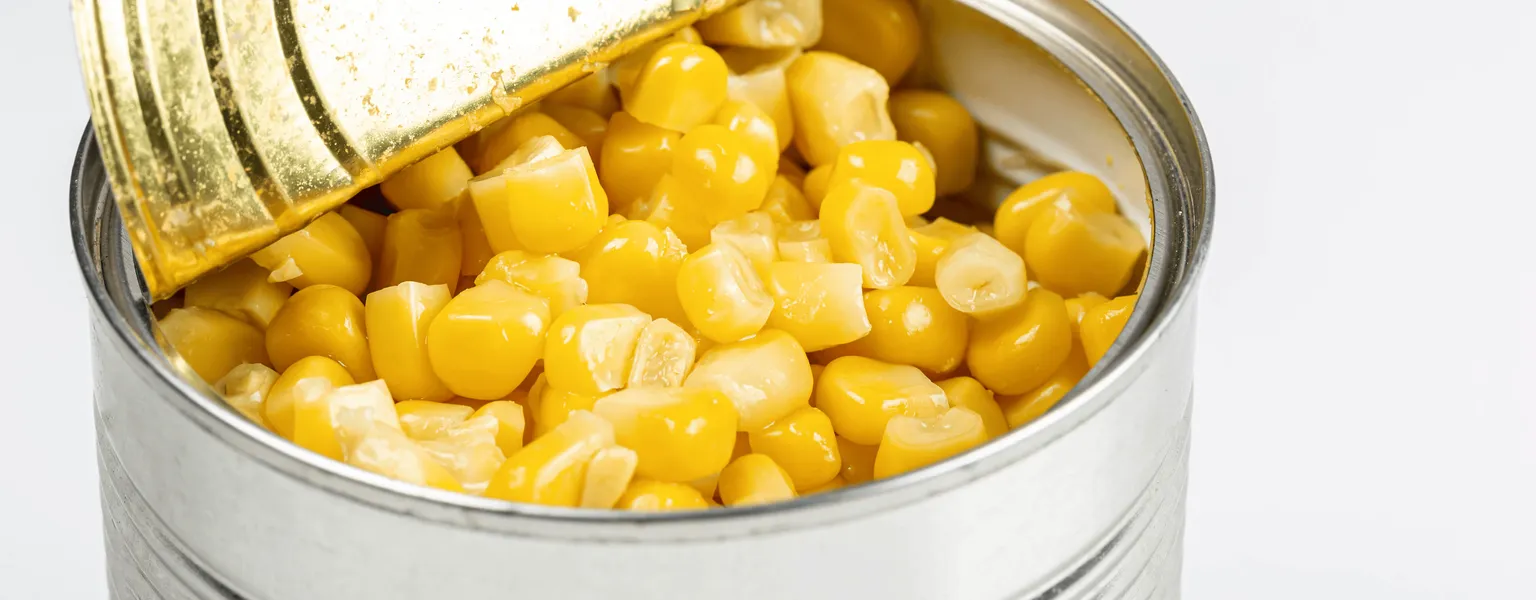MPMA: Canned foods could help combat global food waste

Sustainability
Robert Fell, Director and Chief Executive of the Metal Packaging Manufacturers Association (MPMA), recently gave a presentation titled "Carbon Benefits of Food Waste Prevention within the Supply Chain" at the National Food Waste Conference at the Wellcome Collection in London. In his presentation, Fell highlighted the role of canned foods in reducing food waste and accelerating our journey towards a carbon-neutral future.
Fell shared some alarming statistics about global food wastage, including the fact that one-third of food produced for human consumption, or 1.3 billion tonnes, is lost or wasted annually. With the world's population projected to reach 9.7 billion by 2050, and up to 250 million crop acres expected to be lost by that time, addressing food wastage has become increasingly critical.
Fell suggested that canned food could be a powerful solution to the problem of food wastage. Over one billion litres of food waste are already being avoided globally due to the current use of metal packaging. By increasing the uptake of canned food and improving recycling rates, the positive impact on reducing food waste could be significant. An important part of achieving this is educating all waste management stakeholders, including consumers.
The benefits of canned food are two-fold. Firstly, the canning process preserves the nutrients and vitamins of fresh ingredients at the height of their ripeness, making them available for use months or even years later. Canned food is therefore healthier, more affordable, and has a longer shelf-life than other food formats. It also does not require refrigeration during transport, storage, or at home.
Secondly, metal packaging is infinitely recyclable and has the highest recycling rate of any packaging format across Europe. It is easy to extract from the waste stream, and all the metal collected is reused to make new metal products.

In conclusion, Fell emphasised that canned foods could play a critical role in reducing food waste and alleviating pressure on the natural world. By embracing canned food and improving recycling rates, we can take a significant step towards a sustainable future.




